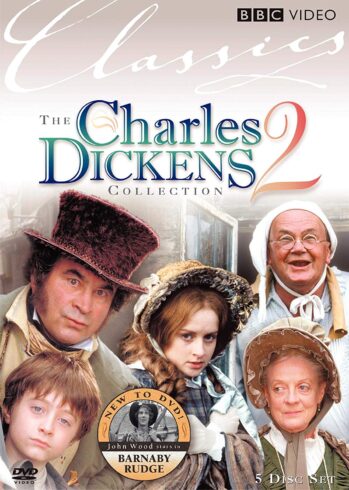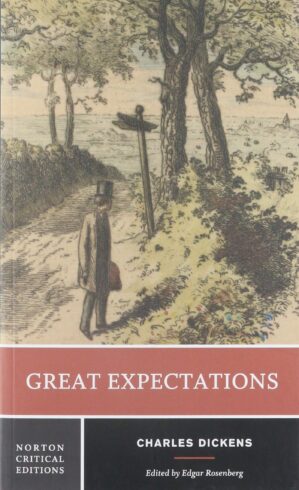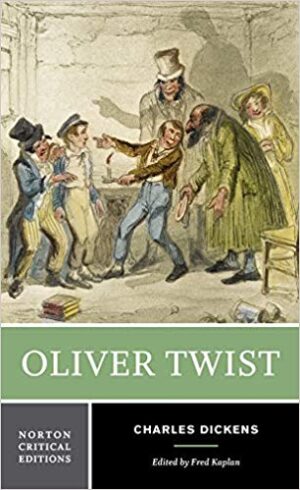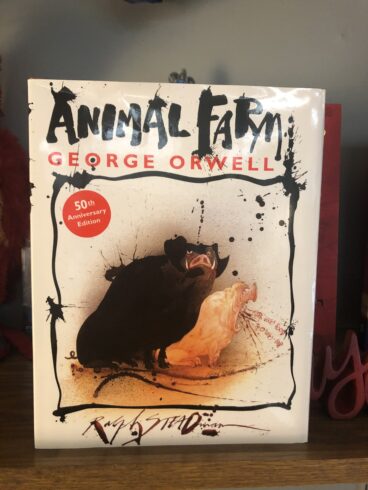Ahh, the Victorians, such a dichotomous group of people. They wanted to raise money for the poor but only if they didn’t have to see them; they would have spouses and children while walking down the block to have a dalliance or two (sometimes with someone of the same gender *gasp*). Many Victorians even had double lives – The Picture of Dorian Gray exemplifies this quite well. They wanted to have their cake and eat it too, but only if it was behind closed doors.
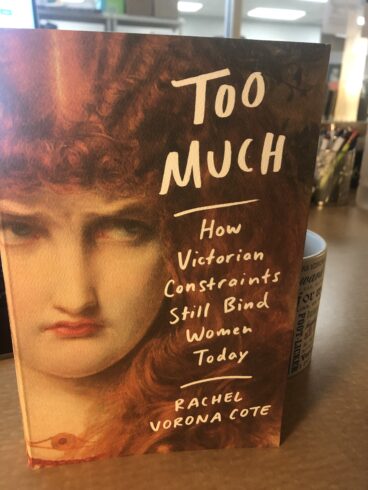 Yet, many double standards for women still exist because of this group of people. A weeping woman is a monster. So too is a fat woman, a horny woman, a woman shrieking with laughter. Women who are one or more of these things have heard, or perhaps simply intuited, that we are repugnantly excessive, that we have taken illicit liberties to live with abandon. It is the age-old problem women face, they can either be the angel or the monster, Mary or Eve, the madwoman in the attic or Jane Eyre.
Yet, many double standards for women still exist because of this group of people. A weeping woman is a monster. So too is a fat woman, a horny woman, a woman shrieking with laughter. Women who are one or more of these things have heard, or perhaps simply intuited, that we are repugnantly excessive, that we have taken illicit liberties to live with abandon. It is the age-old problem women face, they can either be the angel or the monster, Mary or Eve, the madwoman in the attic or Jane Eyre.
Too Much: How Victorian Constraints Still Bind Women Today is a critical cry against white, heteronormative propriety and a culture that prizes only masculine profusion. It encourages women to reconsider the beauty of their excess—emotional, physical, and spiritual—in order to wrest power from these man-made boundaries. An erstwhile Victorian scholar, Rachel Vorona Cote makes parallels between the era’s fixation on women’s “hysterical” behavior and our modern policing of the same; in the space of her writing, you’re as likely to encounter Jane Eyre and Lizzy Bennett as you are Britney Spears and Lana Del Rey. She braids cultural criticism, theory, and storytelling together in her exploration of how culture grinds away our bodies, souls, and sexualities, forcing us into smaller lives than we desire (inside flap summary).
“A fascinating exploration of how literature and pop culture have constructed (and exploded) our expectations of modern womanhood, this book is as gloriously defiant as the women it profiles.” Review by Robin Wasserman

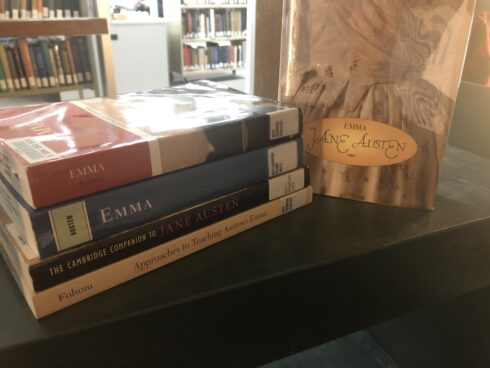 Emma centers around Emma Woodhouse a young girl who tries her hand at matchmaking and ends up causing many problems along the way. Filled with youthful hubris and the perils of misconstrued romance, it’s an enjoyable novel that explores the concerns and difficulties of genteel women living in Georgian-Regency England.
Emma centers around Emma Woodhouse a young girl who tries her hand at matchmaking and ends up causing many problems along the way. Filled with youthful hubris and the perils of misconstrued romance, it’s an enjoyable novel that explores the concerns and difficulties of genteel women living in Georgian-Regency England.
